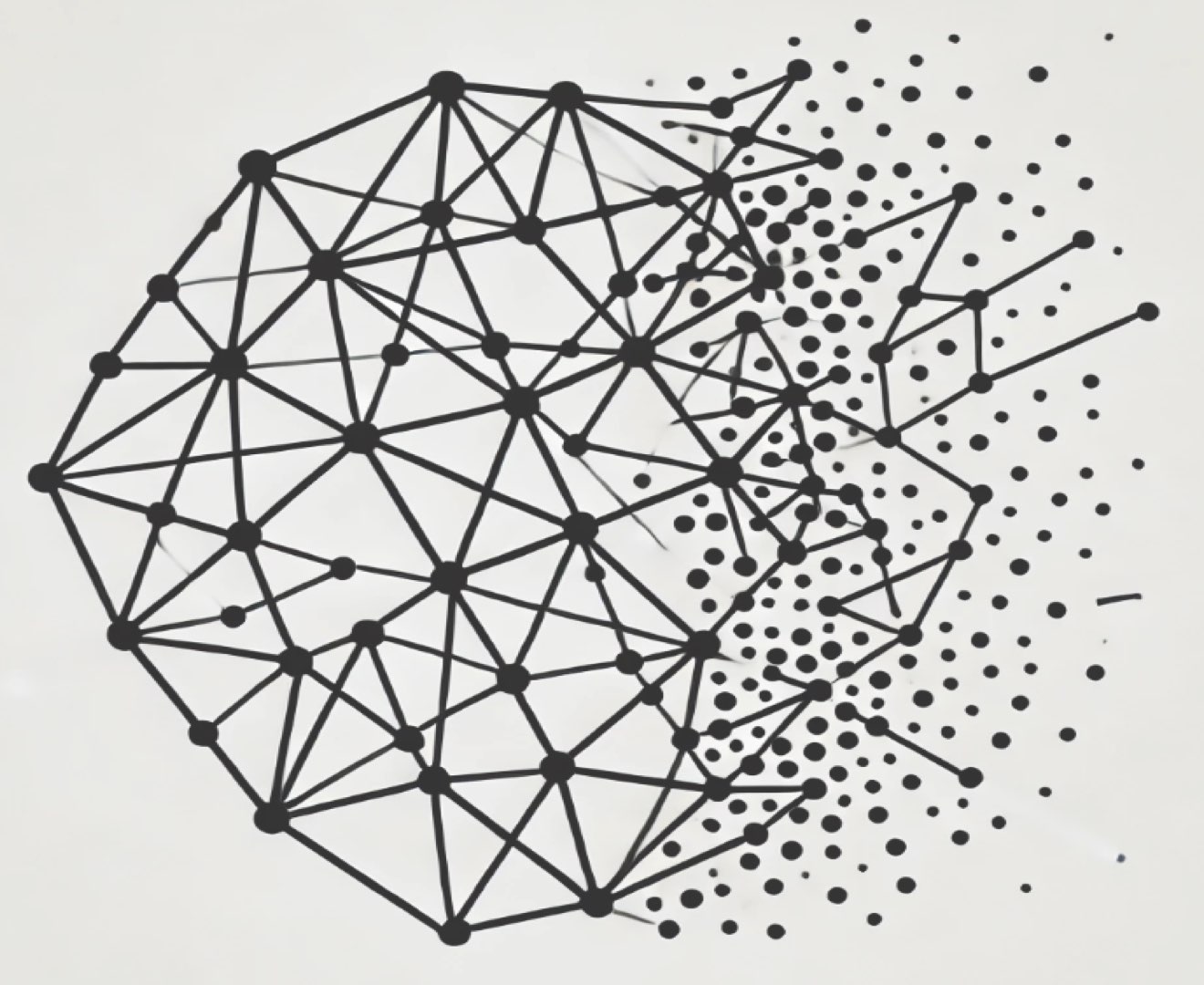Coordination and connectivity across networks
Traditional network science relies on explicit links between individuals to infer connections. Yet in many real-world systems, much of the coordination remains hidden—arising from fragmented data across platforms or intentional efforts to obfuscate connectivity. My research develops new theoretical frameworks to capture these latent forms of coordination, moving beyond explicit graph structure toward models that incorporate temporal dynamics, synchronization, and multi-layered interactions.
This perspective enables a richer understanding of how collective behavior emerges without observable ties, and how coordination shapes the evolution of networks themselves. By extending the mathematical and conceptual foundations of network theory, I aim to bridge the gap between individual-level interactions and system-level outcomes, providing tools to study coordination across domains as diverse as social systems, cybersecurity, economics, and biology.

